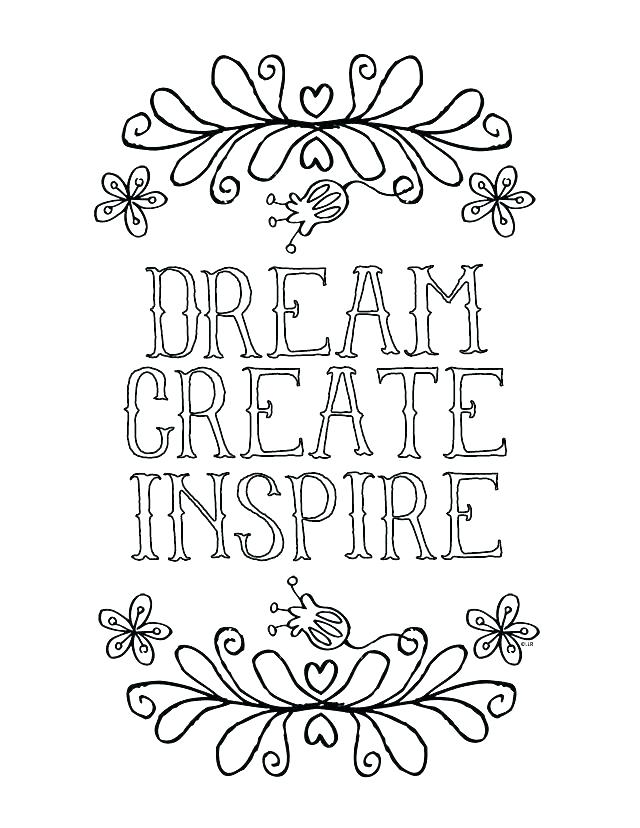Introduction
Creating coloring book pages can be a fun and creative activity for artists of all skill levels. In this article, we will explore the process of how to create coloring book pages, from brainstorming ideas to adding the finishing touches. Whether you are a seasoned artist looking to expand your portfolio or a beginner wanting to explore your artistic skills, creating coloring book pages can be a rewarding endeavor.
Unique Aspects and Benefits
One unique aspect of creating coloring book pages is the ability to design intricate and detailed illustrations that are both visually appealing and engaging for users to color. By creating your own coloring book pages, you have the freedom to explore different themes, styles, and subjects that reflect your personal interests and artistic vision.
- Allows artists to showcase their creativity and style
- Provides an opportunity to engage with a wide audience, including children and adults
- Can be a relaxing and therapeutic activity for both the creator and the colorist
Instructions and Tips
When creating coloring book pages, it is important to consider the following tips to ensure a successful outcome:
- Start with a rough sketch or outline to plan the composition of your illustration
- Use high-quality materials, such as markers or colored pencils, to create vibrant and long-lasting colors
- Consider the age group and skill level of your target audience when designing the complexity of your coloring book pages
Coloring Techniques
Once you have created your coloring book pages, it is time to explore different coloring techniques to bring your illustrations to life. Some techniques to consider include:
- Shading: Use different pressures and strokes to create depth and dimension in your coloring book pages
- Blending colors: Experiment with blending different colors together to create unique gradients and effects
- Adding texture: Use cross-hatching or stippling techniques to add texture and detail to your illustrations
How To Create Coloring Book Pages
Create coloring book pages by Aktanova

How To Create Coloring Books FAST With Midjourney For Amazon KDP | Step

How to Create your Own Coloring Sheets with Canva – YouTube

Create coloring book pages for kids and children by Rohit1347 | Fiverr

How To Turn A Picture Into A Coloring Page In Word – In this step, you

Create coloring book pages by Jbqadri

Create Your Own Coloring Pages With Your Name at GetColorings.com

Create Your Own Coloring Pages Step-by-Step Guide | Hello Little Home

Create Your Own Coloring Pages Step-by-Step Guide | Hello Little Home

